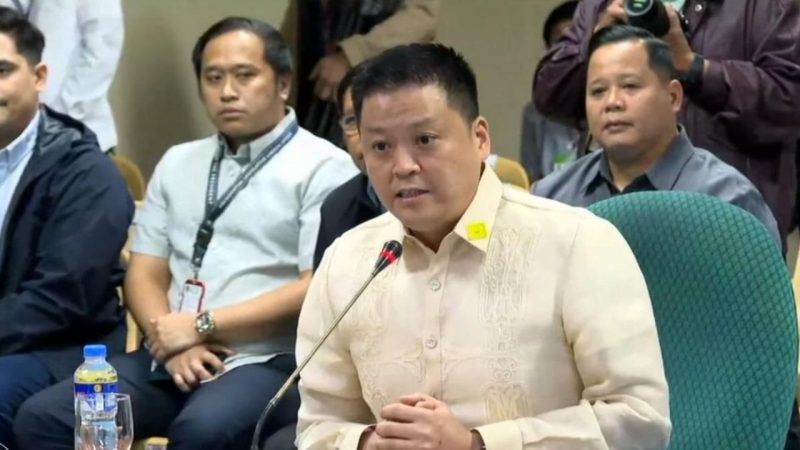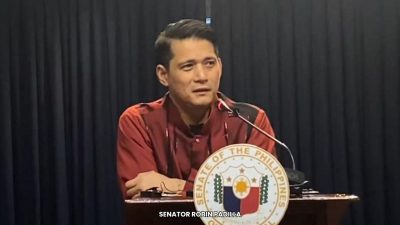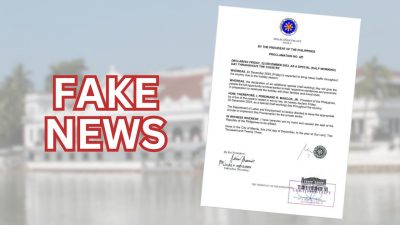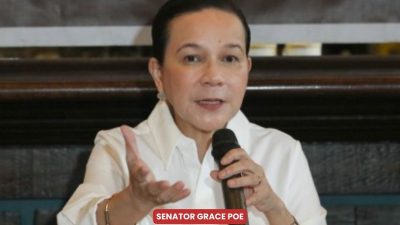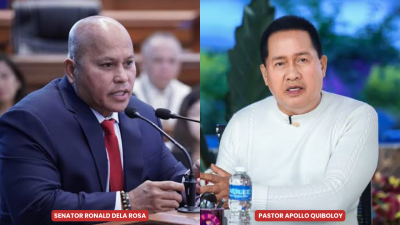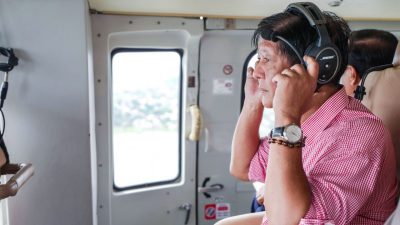By Junex Doronio
MANILA – Amid criticisms, Department of Social Welfare and Development (DSWD) Secretary Rex Gatchalian clarified on Friday, December 27, 2024, that the Ayuda para sa Kapos ang Kita Program (AKAP) is not a pork barrel fund, nor are barangay officials responsible for determining its beneficiaries.
“Let me reiterate that all the DSWD’s Field Offices across the country serve people in need, whether they are walk-in clients or referred by local government unit (LGU) officials. DSWD social workers process applications for AKAP and determine the amount of aid for qualified beneficiaries,” Gatchalian said.
The statement was made in response to claims by retired Supreme Court Senior Associate Justice Antonio Carpio, who, on December 26, alleged that AKAP resembles the controversial pork barrel system and that barangay officials submit the list of beneficiaries.
Gatchalian emphasized that barangay officials are not authorized under AKAP guidelines to create beneficiary lists.
“With due respect to the former Supreme Court Justice, AKAP is not pork barrel. Any good Samaritan can refer potential beneficiaries, and barangays have no involvement in the process based on our existing guidelines,” Gatchalian stressed.
He further explained that while legislators and local officials may refer potential recipients, DSWD social workers are solely responsible for vetting and ensuring beneficiaries meet AKAP’s eligibility requirements.
“The original intention of the AKAP program is to protect minimum wage earners and near-poor Filipinos from the effects of inflation that erode their purchasing power. It provides a range of assistance for goods and services affected by inflation, depending on individual needs,” Gatchalian said.
The General Appropriations Act of 2024, through Special Provision No. 3 of the DSWD Budget, allocated ₱26.7 billion to AKAP. The program aims to provide financial assistance to low-income minimum wage earners severely impacted by inflation.
As of December 26, almost 5 million “near-poor” Filipinos have benefited from the program during its first year of implementation.
ia/mnm

